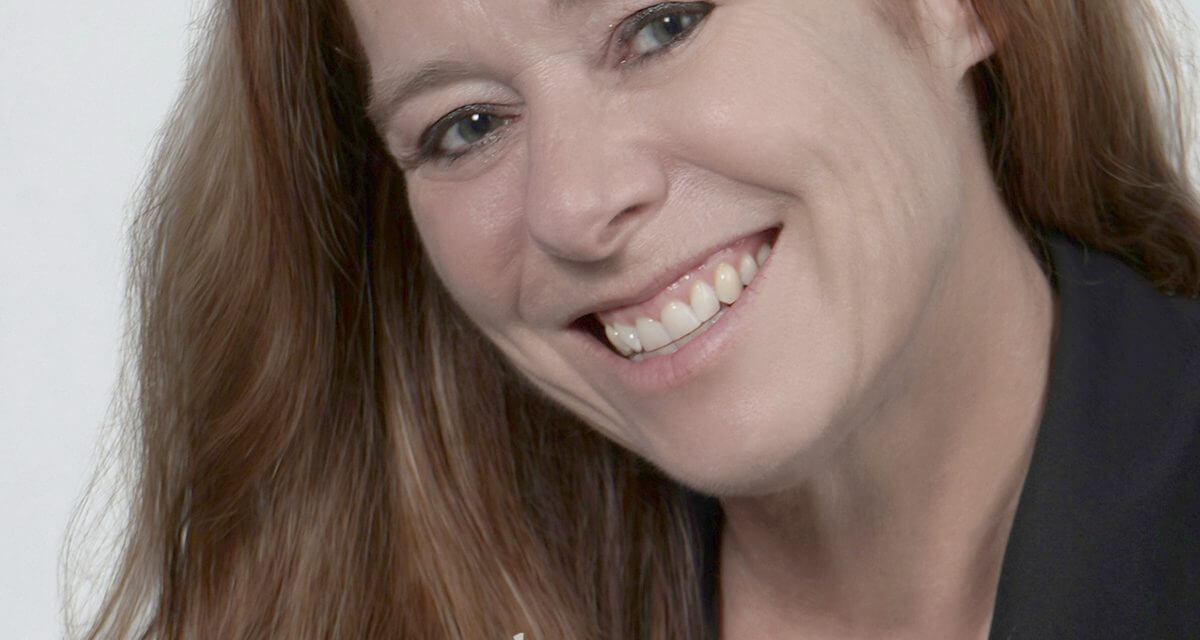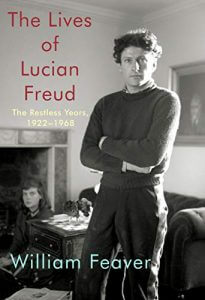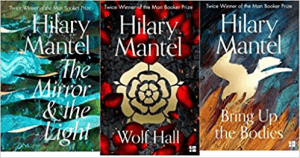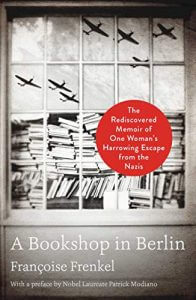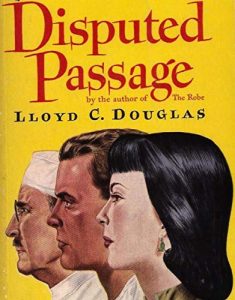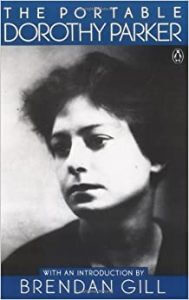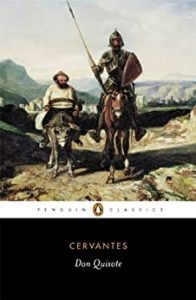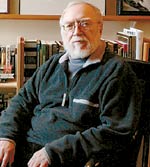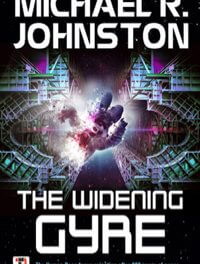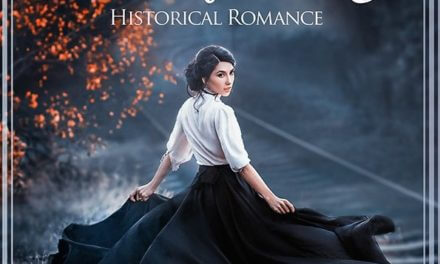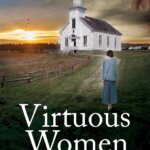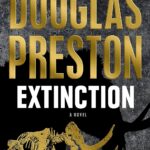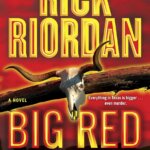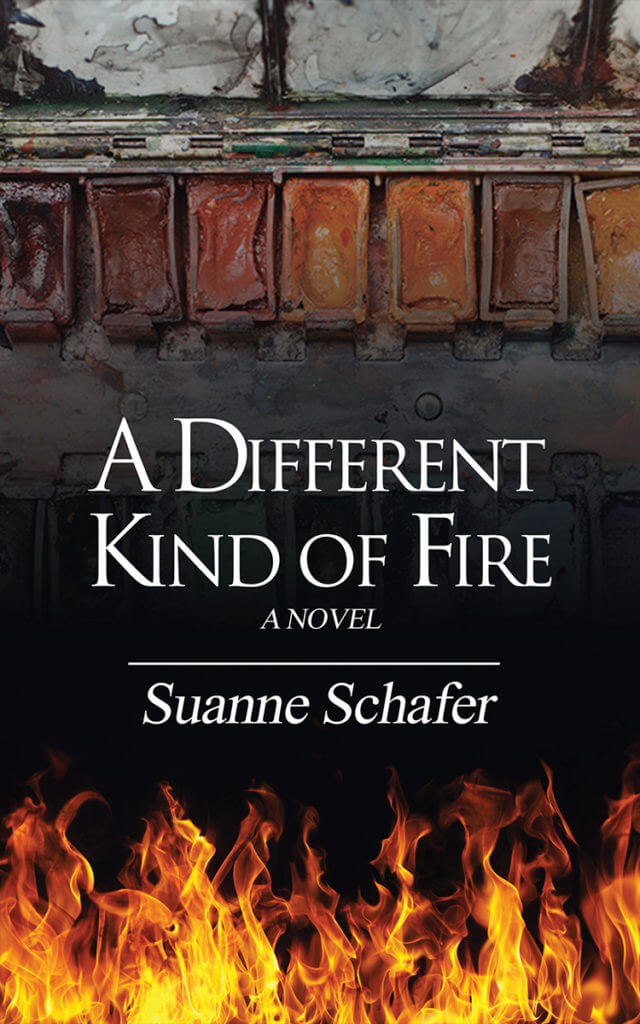Everyone has a history and a story. Today, I’m distance-talking with Jae Hodges about her new book, The Rose and the Whip. She uses the most alluring stories from the chronicles of her own ancestry to create timeless tales of everyday people making history. On her quest to capture the essence of walking in their footsteps, she travels and uses her pencil and camera lens to imagine them in their own surroundings. Jae lives on the Tennessee River in Alabama with her husband and companion pooch.
SS: Have you always been driven to write, Jae? Or did you begin writing in response to a particular stimulus?
JH: I have always loved reading, and I’ve always wanted to be a writer. When life and responsibilities got in the way, even if I wasn’t writing stories, my career choices involved a great deal of writing. This is how I honed my technical writing skills. Also, I found in my work life that I have a strong desire to ask Why, and then search out explanations; I’m very detail-oriented. These analytical skills naturally translate to the genealogical research and writing I’ve come to love, and the fiction part comes in because I want to give my characters a voice of their own. Retirement has finally given me the time and space to write what I want.
SS: What literary pilgrimages have you made?
JH: Much of my family history and my writing interests are found in the U.S. northeast, so I return to the Boston area regularly, making sure to spend time in other key locations that once dominated the Massachusetts Bay Colony. I’ve also travelled in Europe to several places where ancestors resided and have begun collecting stories for future writing projects. Wherever I travel I always look for literary connections, which give me new avenues of writing and culture to explore.
SS: Writing is undoubtedly a lonely occupation. John Green (The Fault in Our Start) says writing is a profession for introverts who want to tell a story but don’t want to make eye contact while doing it. P.D. James (Cover Her Face) says it’s essential for writers to enjoy their own company. Do you see yourself along those lines? Are you a natural loner?
JH: I wish I’d said these first! Yes, this is me to a tee. I wouldn’t say I like writing historical fiction because it keeps me from having to face people and ask questions, but I would say it’s a perk I appreciate.
SS: When I read other authors’ biographies, mine seems dull by comparison. How do you feel about your life story? Have you ever been tempted to jazz yours up?
JH: People’s lives only seem dull if you don’t look closely at the people themselves—their motivations, their experiences, the impact of events and people around them, etc. I typically say that I want to write everyday people’s stories because they are interesting when you dig into them. I don’t need to jazz anyone’s story up, including my own, I just need to look at people more closely.
SS: How long have you considered yourself a writer? Did you have any formal training, or is it something you learned as you went?
JH: I’ve always considered myself a writer, though I’ve never had the opportunity to pursue formal training. When my debut novel was picked up by a publisher, I felt more lucky than anything and I decided that now is the time to get some training because I want my next book to be good, not just lucky.
SS: What are you working on at the moment?
JH: I found a lost manuscript about six years ago, and I’ve always been in love with the idea of writing a book around it.
SS: What do you always want to talk about in interviews but never get to?
JH: My artwork. I often use my photographs to help me describe things, places and people and bring them to life for the reader better. I also use my photographs as a catalyst to writing about things I might not have thought of or noticed before.
SS: Do you ever incorporate something that happened to you in real life into your novels?
JH: Yes, I don’t believe I could write anything that is completely foreign to me. That said, when I examine the events of my life I try to look at them from different angles, interpret them in different ways so that I can incorporate different aspects into my writing. I rarely write the events of my life specifically as they occurred.
SS. How do you create and construct distinctly individual supporting characters?
JH: For the most part, my characters are all real people from my family history. I try to stick to the people they were based on the type and amount of information available, and I can’t help but make judgements on their character and personality. I’m also well aware that I am basing my judgements to a large degree on what other people have written which may include other biases. I guess the bottom line is I try to be fair to the people I’m writing about and not allow them to do things they wouldn’t, or couldn’t, have done in their own time and place.
SS: Which scene did you find the most challenging to write and why?
JH: In The Rose and the Whip the most challenging scenes were those where my protagonist, Lidia, was receiving lashes across her back. I don’t have any personal experience with that, and it wouldn’t really be feasible for me to get that kind of experience, so I had to try and relate more to her thoughts and emotions rather than the physical aspects of a whipping. I relied heavily on books and movies that portray this, and other physical actions that might cause similar thoughts and emotions.
SS: Are you looking to entertain or illuminate?
JH: My first thought is that I want to illuminate, that’s why it’s so important that I get the history right. But as I think more about this, I want to say that entertainment is equally important otherwise I’d be writing non-fiction.
SS: Do you believe you write the kind of book you’d want to read?
JH: Absolutely!
SS: According to F. Scott Fitzgerald (The Great Gatsby), a novel is never really finished but only abandoned. How does this apply to your own work?
JH: I find myself constantly reading things, or discovering new information, that would enhance my writing of The Rose and the Whip. Then I have to remind myself that it’s done and I have another equally interesting project to work on.
SS: What are you currently reading?
JH: I typically read 6-8 books at a time, all strategically placed so I always have something to read should I have a few minutes to spare or kill. I usually read different genres so I don’t end up confusing myself or getting characters and events mixed up. Right now, I’m reading the following: The Lives of Lucian Freud, William Feaver; Wolf Hall, Hilary Mantel; A Bookshop in Berlin, Francoise Frenkel; Disputed Passage, Lloyd C. Douglas; The Portable Dorothy Parker, Dorothy Parker; Dubliners, James Joyce; and Don Quixote, Miguel de Cervantes
SS: What books inspired you as a child? As an adult?
JH: As a child I recall reading a lot of biographies—I’ve always been interested in real people. As an adult, I still read biographies but they are typically limited to writers and artists. I most enjoy and am inspired by the literary fiction of A.S. Byatt, Paul Auster, and Kazuo Ishiguro.
SS: What’s the first book you read that made you think, “I’ve got to write something like this someday!”
JH: Not so much a book, but an author I recall, is Emma Tennant. I found her writing to be poetic, whether it was Sylvia and Ted or Pemberly, two very different books, I thought that if I could master poetic narrative I’d be in heaven. More recently I’ve found myself undone by Ishiguro and hopeful that I can achieve even a small fraction of what he does to readers.
SS: What was your first recognition/success as an author?
JH: I placed in a writing contest for a story story-essay combo called “Gifts, A Story and Memoir of Moving On” published in the Catharsis Journal: How Creativity Changed My Life in 2013.
SS: What is your most recent book? In twenty-five words or less, tell me why a reader should start your book next.
JH: My debut novel, The Rose and the Whip, was released in March. This book tells the story of strength and courage a reader won’t find in any history book or class.
SS: Who is the protagonist in your most recent work? Describe him/her in ten words or less.
JH: Lidia Wardell embodies the very soul of courage and strength.
SS: At what point did you come up with the title? Did your publisher change it?
JH: My husband actually came up with the title The Rose and the Whip after I had completed the book. The rose symbolizes the blood shed for Lidia’s beliefs; the thorns are both protective and combative. The whip was literally the punishment of choice in Lidia’s time. My publisher loved the title from the start.
SS: Was the decision of how to structure the novel obvious?
JH: The structure of The Rose and the Whip was actually one of the easiest parts of writing this book. The story has a basic chronologic structure which tracks a series of events leading to Lidia’s decision to take action. It was that decision and that action—walking naked through the meeting house ending in her trial, conviction and punishment by the whip—around which the rest of the story needed to be built. The events before and after serve to explain that core action. Because of this, I felt it important that the voice be Lidia’s, so I had her reflect on those events from her place at the whipping post, receiving her lashes.
SS:Is there a phrase or quote about writing you particularly like or that inspires you?
JH: F. Scott Fitzgerald once said “you don’t write because you want to say something, you write because you have something to say.” For some reason I associate this quote with his essays “The Crack-Up” but I don’t think it actually appears there. I feel like this quote represents both my fears and my achievements in both my art and writing, so I named my website for it—https://www.somethingtosay.me.
SS: What’s the best writing advice you’ve ever received?
JH: Get a book coach.
SS: What’s the most difficult thing about writing characters of the opposite sex?
JH: Men and women are different, that’s a fact of biology and psychology. So, while there are plenty of opportunities to observe the behavior and outward manifestations of how the opposite sex thinks, I’m not convinced that I can actually, truly, understand the internal motivators. And since that’s what drives so much of what I write, I’m not sure I could ever write a male protagonist.
SS: The key trick in writing historical fiction is transporting readers to another time and place without overloading them with historical information. So how much detail is too much?
JH: If the detail does not serve the story, then you need to think twice about incorporating it. I’m notorious for wanting to include more rather than less information, but one of the great pleasure of writing is to figure out how to work it in so that it does serve the story.
SS: What are the ethics of writing about historical figures?
JH: The ethics of writing historical figures is, in my opinion, first and foremost, a personal decision. I have to follow my own heart which tells me to remain as true to the historical figure as I possibly can given the information available. I use primary sources whenever I can, and when I can’t I kind of triangulate secondary sources, i.e., I’ll use information or characteristics that I find repeated. Without the ability to know exactly what motivated a figure, I can only analyze their behavior and their actions and make an educated deduction as to why they did what they did.
SS: How has writing about history changed your perspective about history?
JH: I’ve come to understand that history is not absolute, rather it is fluid based on people’s interpretations, including the historical figures. We can never know what happened in the past exactly because there are always multiple sides to a story, and an infinite number of interpretations after the fact. But what I am fairly confident about is that there is always a seed of truth from which grow the histories and legends and folktales.
Lightning Round:
Describe your books in 3 words: extraordinary everyday people
Favorite thing about your genre: Multiple sides to a story and an infinite number of interpretations.
Another genre that you would love to write: Literary fiction.
When writing, are you a night owl or morning person? Sun-cresting afternoon, actually.
Pantser or Plotter? I’m learning to straddle the fence.
Book you’re currently reading:Wolf Hall by Hilary Mantel
Your favorite guilty pleasure: cookies and ice cream
Your favorite genre of romance: If I have to read romance, then it would be Regency
Who’s your favorite women’s fiction author? Alice Munro
********************
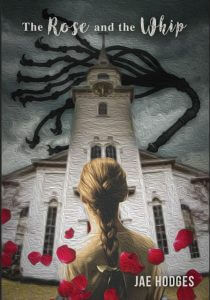
Amazon | B&N | BooksAMillion | BookWire | Kobo | Overdrive
********************
An excerpt from The Rose and the Whip:
Out of the interminable silence, my brain conjured a scuffling of boots, men pushing and grumbling. The sound of coughing, the dust or merely a subtle way to attract the foreman’s attention. Every muscle in my body tensed. Without hearing his voice, without seeing the hard lines of his face, the formidable thrust of his body, I knew. My head filled with the mew of a frightened lamb.
Speak, woman, or your silence should be seen as a kindred serpent round your neck. Only I hear his hiss. His words would weigh heavy on my heart, his desired prize.
I made no pact with the serpent, and the thought of it brought shivers to my spine. But the shameless deeds of selfish men wrought on my husband, my family, the fear blossoming in his wake weighed heavier yet upon my shoulders.
From my corner, my hiding place, the safety of the womb surrounding me, the women who were my sisters in blood and tribulation, pushed the shadowy figure aside, strode past him with confidence and guilelessness. Rebecka led the way. She was my strength, my rock. Mistress Wilson walked as Eve in the Garden in silence. The three women followed, their waistcoats torn and shredded hanging limp from their shoulders, and their feet bare and bloodied. Mistresses Dyer and Hutchinson stood silent, the stench of their deaths hovering about them.
Stanyon was awaiting an answer. To speak for myself would be as if to lash the skin of my own back. Or worse.
The scratch of the quill drew my attention back to Samuel Dalton as he dipped the tip of the quill again into the pot of ink there on the tiny table. He listened. Surely he made no judgement, for his only job was to write the words others spoke, document the events as they transpired. Keep the record.
When no sound came from my lips, Stanyon spoke again. “As the law will have it, Lidia Wardell is judged for disrupting the congregation at Newbury. The court sentences her to take the whip upon her bare back with all due haste.”
The message was clear. The court would no longer be patient with me, or my husband. What protection we thus far enjoyed from our families and friends was in jeopardy. We could expect to hereafter be treated according to the law. And my family would pay the costs along with us.
The Foreman turned to his peers beside him. They pounded upon the table in front of them in unison, affirming their collective decision. Whether the decision was unanimous or there was any dissent, I could never know.
Did not Ezra proclaim through fast we might humble ourselves to God and seek from him a direction, a right way for us, and our children? Alone there, I made peace with my God and, at least in my physical presence, I vowed I would travail not only to please Him in today’s difficulty, but to take a fast of my own. A fast from the sustenance of fear, from the food of the boar, from the drink of the cracked cup. I reminded myself, He brought me there and by His side I would stand.
********************
You can follow Jae here on social media:
Website | Facebook | Instagram | GoodReads | Bookbub
